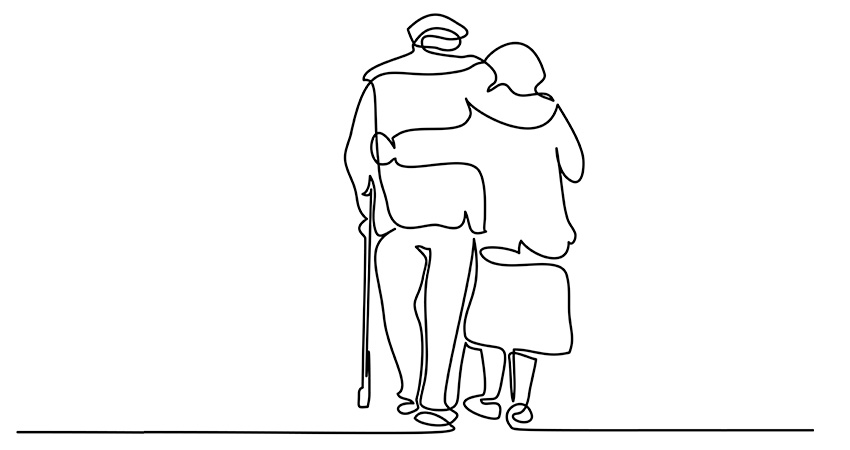
The SAAIL project: Co-producing Intimacy Toolkits with Autistic Adults – What we learnt
Authors: Bethany Jay & Dr. Monique Huysamen
Supporting Autistic Adults’ Intimate Lives (SAAIL) is a participatory research project exploring how autistic people think adult social care in England can better recognise and support their intimate lives. This phase of the project involved running stakeholder co-production workshops as they can be an exciting and effective way to engage relevant individuals in the research findings.
After discussing the initial phase of the project, as well as the workshop phase, here we talk about the valuable things we have learnt in the process and thank those involved.
Overall findings
- Coproduction starts before the workshop and doesn’t end there. We learned the importance of working together with our workshop participants to design the event to allow it to be genuinely accessible and collaborative. The co-production started long before the workshops, was embedded throughout the planning and design phase, and is still happening to this date as new toolkit topics continue to be produced.
- Facilitating co-production online can cause technical challenges and requires innovative solutions, work with your workshop participants to pre-empt those challenges. Learn how to best overcome them when they do occur, to allow all your participants to feel safe, included, and supported in the space.
- Co-production requires flexibility. The wiliness to change your plans, shift your priorities, be comfortable with being led by the process, and be responsive to the priorities of those you are working with, is fundamental.
We would like to thank everyone who produced our toolkits with us, those who attended our workshops, contributed to the pinboards, signposted us to amazing resources and produced (or still are producing) toolkit content. We are so grateful for your time and commitment; we could not have done any of this without you all.
We would like to especially thank Jane Green (Chair at SEDS Connective) for her support with the Symptomatic Hypermobility toolkit, Dr. Amy Pearson and Dr. Sophie Hodgetts for the Exploring Kink and BDSM toolkit, Cedric for his amazing Collaborative Glossary, and Anne Everett (Lecturer at Manchester Metropolitan University) for her e-learning and technological guidance and unwavering support throughout.
You can find our toolkits here. We are always on the lookout for useful resources and information, helping us further build informative and helpful intimacy toolkits, so please do get in touch if you can help (b.jay@mmu.ac.uk).
SAAIL was funded by the National Institute for Health and Care Research School for Social Care Research (NIHR SSCR). The views expressed are those of the authors and not necessarily those of the NIHR SSCR, NIHR or Department of Health and Social Care.






0 Comments